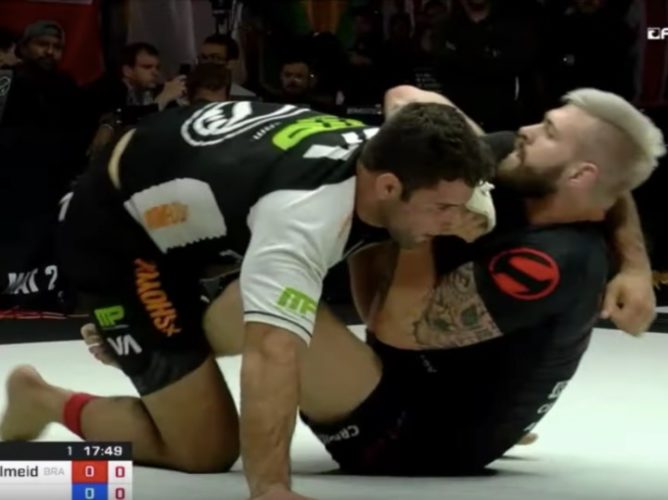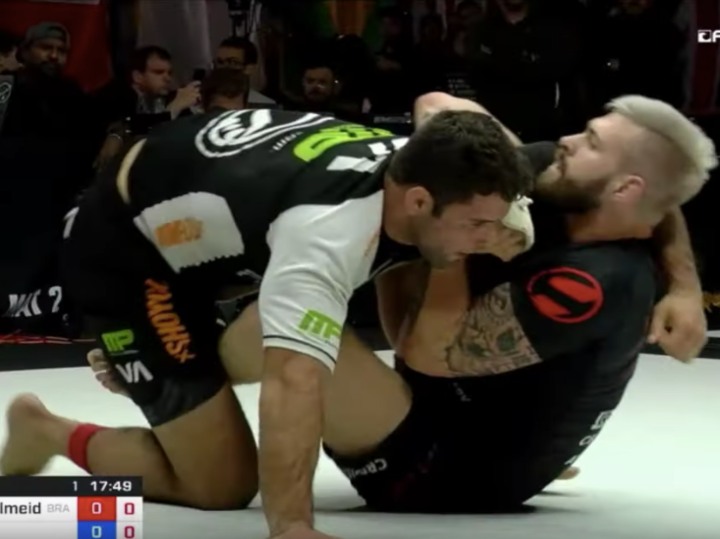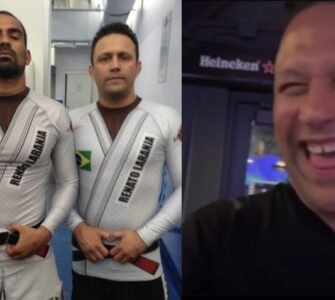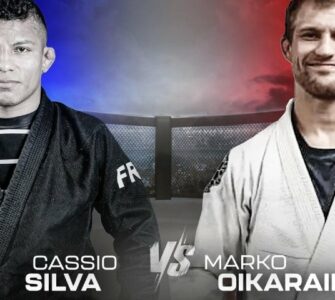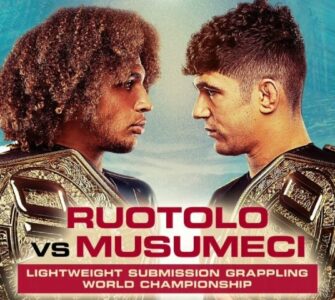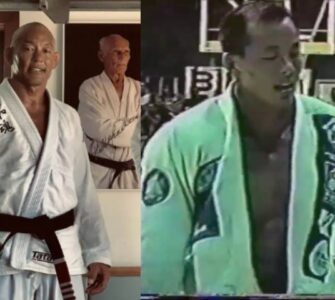If you get the opportunity to look at some community stats for the popular boards dedicated to Brazilian jiu jitsu as oppose to ones dedicated to mixed martial arts you quickly start noticing a big disparity. A large number of MMA fans are not actively training MMA nor do they intend to. While bjj with it’s surfer “happy go lucky” mentality always attracts the commentators to engage and try their hand at bjj.
Is it a minus or is it a point of general appeal?
Well looking at Judo over the years the attempts to make it viewer friendly have had spectacularly bad results. The IJF would typically go back and forth on being spectator friendly. A good example of this was when the IJF tried to break out into the American market but with every step they made forward, they also took a step back. A clear example for this was introducing the blue uniform way back only to follow that welcome change with additional rules that significantly complicated the refereeing.
When we look at UFC we’re all aware it started without rules. But the thing that’s pushing the momentum for MMA might be that the rules are not obvious to someone who is just tuning right in. Except for the rounds and the occasional need to stand up opponents, an occasional eyepoke there’s not much to get hung up on. It seems very real, for lack of a better term.
And Grappling is dealing with a certain crisis of identity. So many promotions are trying to capture the attention with many different rulesets.
There’s the traditional IBJJF points system and the UAEJJF system and then there are some slight variations on the subject. And then there’s EBI rules, EBI rules in the cage (SUG), combat jiu-jitsu, submission only, no time limit submission only… Frankly, there are plenty of grapplers who would struggle distinguishing among all of these promotions just on name alone.
So when we look at all of this it’s hard to pinpoint an exact answer.
EBI rules have been onto something from the very beginning. The nogi provides ample opportunity for dynamic interactions and there’s not much room for the ref to intervene as most submissions are legal. And all that in a relatively short time period (plus the prize money for the sub) means it’s bound to be action packed in those 10 minutes.
Now the Overtimes are often a controversial subject but looking at them like penalties in soccer is a very adequate spectator friendly metaphor. The metaphor of course belongs to Eddie Bravo, the event’s founder.
This probably accounts for the viability of EBI on fight pass. And in addition to this there’s the appealing narrative. We’re all tuning in to a 16 man tournament with the victor dragging us along on his journey.
An appealing narrative has been a mark of most UFC events that have marked 2016. Just think about it, matches, rematches.. tough contests between distinct personalities. It’s not necessarily the s*it talking that sold the show as much as the narrative in its entirety.
You see a lot of these promotions who are circling the drain inspire their fighters to write poetry, mock each other online and create other conflicts but at the end of the day their interaction is fairly free of consequences and as such the cycle gets boring pretty fast. Once the result/submission/decision is in place everyone goes home with their bank account somewhat more padded while the audience forgets all but chosen several moments.
A good system that would integrate all these promotions and give them some type of a hierarchy might be a great way to give everything a compelling narrative. Arguably it’s not just the rules that are the issue – it’s also making the spectator engaged in a longer game.
Perhaps great rivalries are the answer. This type of conflict has been proven through other sports, after all one of the most expensive sports of today, Formula 1 only became a sensation following a huge season of rivalry between one charismatic personality and one fiercely technical – James Hunt and Nikki Lauda.
Gordon Ryan talks to Dojo Outfitters what he believes what the best rule set for Jiu-Jitsu is:
